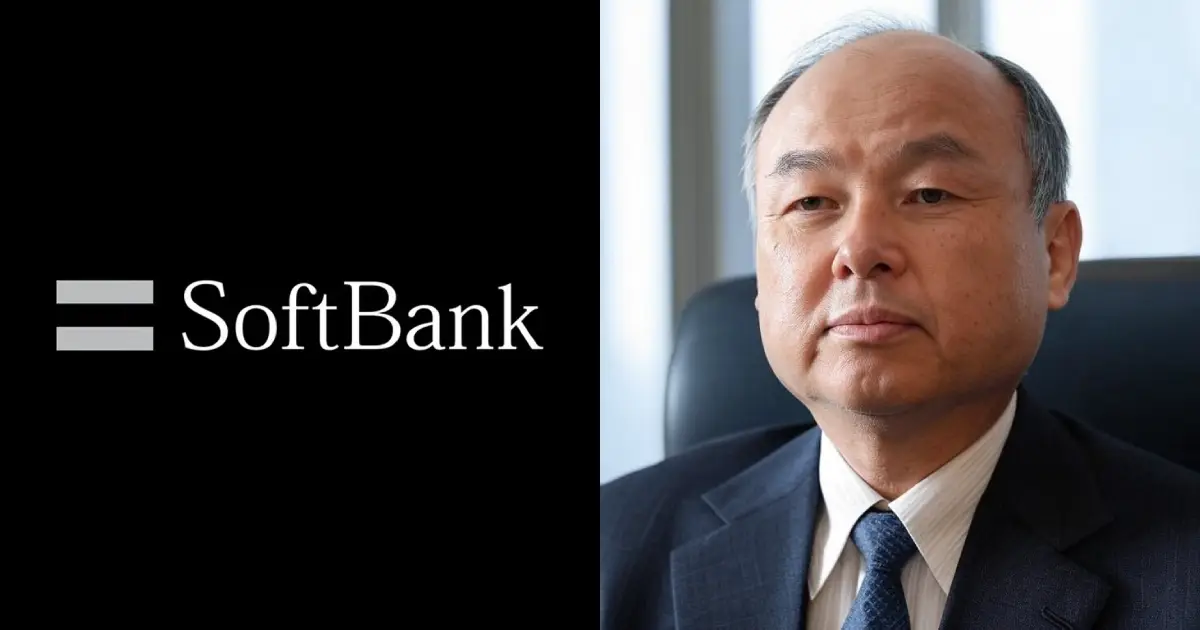8 Lessons from SoftBank’s Masayoshi Son

Few figures in the business world are as enigmatic as Masayoshi Son, the billionaire founder and CEO of SoftBank. Cast as a dreamer and risk-taker in Japan and Western media, Son has built an empire while navigating financial crises, setbacks, and triumphs. From his humble beginnings to becoming one of the most influential tech investors of the 21st century, his story is a masterclass in resilience, reinvention, and audacity.
Here are 8 key lessons from his extraordinary career:
1. Turn Adversity into Advantage
Born in 1957 into a Korean-Japanese family facing discrimination and poverty, Son learned early how to hustle. His formative years shaped his ability to overcome obstacles, whether leaving Japan at 16 to study in California or battling a life-threatening illness in his twenties. These experiences instilled in him unshakable self-belief, enabling him to survive corporate crises and become a global tech champion.
2. Persist Through Reinvention
Son's career is a study in adaptability. After losing 97% of his wealth in the dot-com crash, he pivoted to broadband and mobile internet. Later, he took on the U.S. telecom industry by acquiring Sprint and merging it with T-Mobile. His persistence, epitomized by securing exclusive rights to the iPhone in Japan, underscores his refusal to take “no” for an answer.
3. Bridge East and West
Son’s unique role as a cultural interpreter has been central to his success. Fluent in Japanese and English, he has acted as a bridge between the U.S. and Asia, connecting markets and cultures. His $100 million investment in Alibaba, which grew into a $120 billion fortune, highlights his ability to identify opportunities that others might overlook.
4. Seek Mentors and Mentees
Son’s charm and vision attracted influential mentors like Den Fujita, who brought McDonald’s to Japan, and Tadashi Sasaki, a Silicon Valley-connected engineer. In turn, Son has mentored others, including Saudi Crown Prince Mohammed bin Salman, persuading him to invest $45 billion in the SoftBank Vision Fund.
5. Go Big or Go Home
Son’s audacious bets are legendary. Whether paying over-the-odds for ARM Holdings (now worth $130 billion) or insisting on larger-than-expected investments, he operates on a scale few dare to match. His ability to leverage debt and take calculated risks has been instrumental in building his empire, even as it courts controversy.
6. Balance Vision with Execution
While Son’s visionary approach has led to triumphs like Alibaba and ARM, his failures—such as WeWork—underscore the risks of unchecked enthusiasm. He has a history of falling for charismatic founders without adequately stress-testing their strategies. This tendency highlights the importance of balancing passion with practicality.
7. Beware of Mercenaries
As SoftBank grew, it attracted high-profile executives, particularly from the Indian diaspora. While these hires brought expertise, they also introduced internal conflicts and a cut-throat culture. Son’s hands-off approach during these power struggles revealed vulnerabilities in his managerial leadership.
8. Focus on the Future
Despite setbacks, Son’s focus remains firmly on the future. He has doubled down on artificial intelligence, investing billions in OpenAI and other “deep AI” projects. Even in the face of criticism and financial losses, Son continues to bet on transformative technologies, proving his ability to stay relevant in a dynamic industry.
Final Thoughts
Masayoshi Son’s journey is a testament to the power of resilience, vision, and relentless ambition. From his beginnings as an outsider to becoming a central figure in global technology, he has redefined what it means to be a tech investor and leader. Whether inspiring admiration or skepticism, Son’s story offers invaluable lessons for entrepreneurs and executives navigating the challenges of the modern business world.





